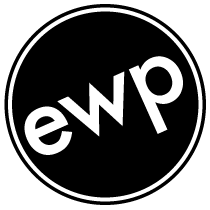WordPress loves to add a wide range of CSS classes to the body of a page, depending on what type of page it is, what resources it uses, and so on. Some of this is helpful (like ‘archive’, ‘post’ and the page format classes – ‘single-format-gallery’, ‘single-format-image’ etc.), but some of the tags are just noise – like the tags that have the post/page/category/tag/term IDs. There are a couple of ways to remove tags that you don’t want by filtering the body_class function. You can remove all generated classes, or add new ones, but selectively removing classes is a bit more tricky, depending on what you want to remove.
This function will strip out the IDs WordPress adds to tags, categories, pages, posts and taxonomy pages.
add_filter('body_class','remove_ID_classes_from_body', 50 );
function remove_ID_classes_from_body( $classes ) {
global $wp_query;
$page_query = $wp_query->get_queried_object();
if(is_tag() || is_tax() || is_category()) {
$classes = array_diff( $classes, [( is_tag() ? 'tag-' : ( is_tax() ? 'term-':'category-') ) . $page_query->term_id] );
} elseif (is_single() || is_page() ) {
$classes = array_diff( $classes, [( is_page() ? 'page-id-' :'postid-').$page_query->ID] );
}
return array_unique( $classes );
}
